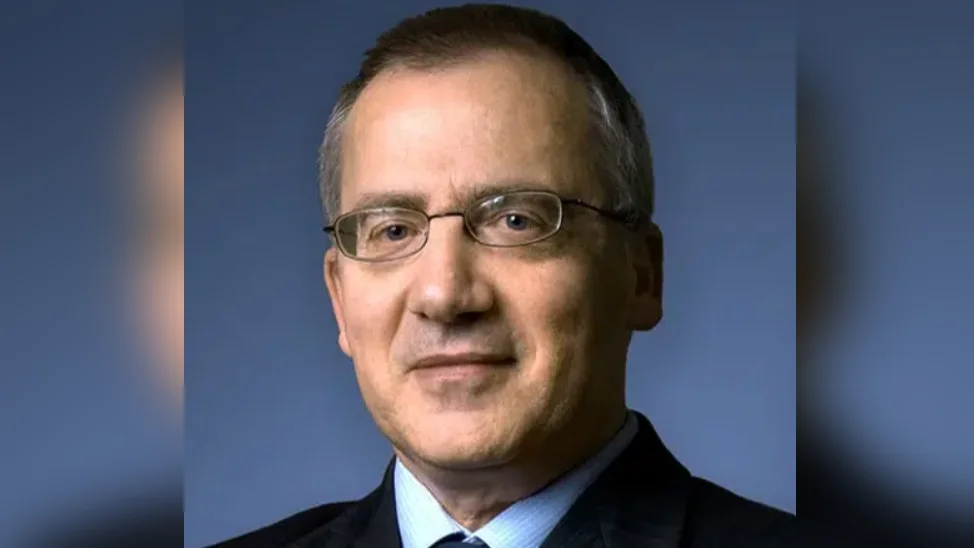
UTHealth Houston researchers have received a $2.5 million grant aimed at enhancing stroke patient outcomes by bridging the gap between successful vessel reopening through endovascular surgery and reducing disability. The National Institute of Neurological Disorders and Stroke, part of the National Institutes of Health, is funding this five-year study with an award (1R01NS138765-01).
The research team will develop a machine-learning tool to identify which stroke patients with large blood vessel blockages would benefit most from endovascular therapy. "There have been two tenets for treating large vessel occlusions that we have followed," said Sunil A. Sheth, MD, principal investigator and associate professor in the Department of Neurology at McGovern Medical School at UTHealth Houston. "The first is that the sooner you treat them, the better, and the second is that if a large area of the brain is already dead based on imaging, there’s no point in trying to open up the blockage."
However, recent observations challenge these beliefs. Studies show patients can still achieve positive clinical outcomes with endovascular therapy even days after a stroke or when significant brain damage has occurred. Conversely, some patients who appear likely to benefit do not see improved outcomes despite restored blood flow in over 90% of cases.
"This is shaking our core of deciding who we treat, and when, and how," Sheth stated.
Endovascular therapy involves guiding a catheter through an artery into the brain to remove clots in cases where clot-busting medications fail due to large blockages.
Sheth collaborates with Luca Giancardo, PhD from UTHealth Houston's D. Bradley McWilliams School of Bioinformatics and Santiago Ortega-Gutiérrez, MD from University of Iowa Health Care. Together they will compile a database of imaging and clinical results post-reperfusion from three U.S. hospitals to identify predictors of brain damage.
"We are letting an algorithm learn the visual features that are predictive to doing well or not doing well," Giancardo explained.
The deep-learning model aims to predict outcomes by analyzing pre- and post-treatment data including imaging information alongside clinical history and severity measures.
"The model is hopefully going to see things that we don’t see," Sheth remarked.
Eunyoung Angela Lee, PhD from McGovern Medical School's Department of Neurology and Maxim Mokin, MD from University of South Florida's Department of Neurosurgery join as co-investigators on this project.
For further information contact: 713-500-3030
© 2008-Present The University of Texas Health Science Center at Houston (UTHealth Houston)